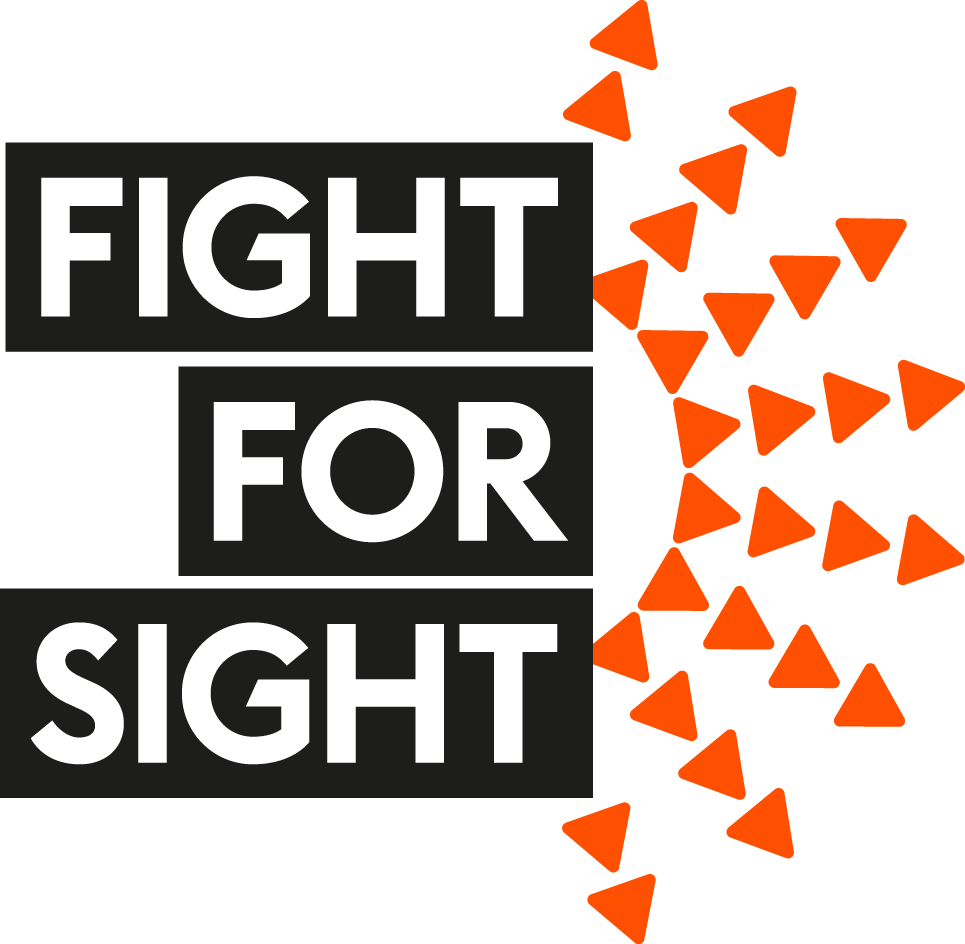Fight for Sight helps a talented scientist establish her career in eye research
Thanks to support from a Fight for Sight early career investigator award, Dr Nina Milosavljevic has successfully made the transition to becoming an independent researcher at the University of Manchester.
Fight for Sight provides awards to help train the next generation of eye researchers. In 2017, Dr Milosavljevic was selected as a recipient of this prestigious funding – to support her laboratory research to investigate a cutting-edge new treatment approach to reverse sight loss in patients with retinal degeneration.
Retinal degeneration describes a group of eye diseases that are caused by damage to the retina – the specialised light-sensitive tissue at the back of the eye. In patients with these conditions, the light-sensing cells (called photoreceptors) stop working or die. As a result, they can no longer detect light and send visual information to the brain – leading to sight loss that gets progressively worse over time.
The Fight for Sight funding enabled Dr Milosavljevic to advance her work to investigate the potential of a next-generation treatment – called optogenetics – for reversing sight loss in people with advanced retinal degeneration. This next-generation technology has already shown encouraging results in the laboratory and early clinical trials in patients with sight loss.
In this project, Dr Milosavljevic carried out laboratory experiments to investigate the safety and effectiveness of some of the most promising optogenetic therapies for retinal degeneration. These treatments use a harmless virus to deliver a gene containing the instructions to make a light-sensing protein (called a photopigment) into photoreceptor cells. She also collaborated with other researchers in Manchester to investigate a new photopigment – called Lamplight – which could offer some advantages over other proteins that have so far been investigated as optogenetic therapies.
Dr Milosavljevic told us:
“The Fight for Sight funding has provided critical support for me to make the transition to becoming an independent researcher. I now have a university lectureship, which will allow me to continue to search for innovative solutions for people affected by sight loss.”
About retinal degeneration
Retinal degenerative disorders are a group of eye diseases that include age-related macular degeneration (AMD), which most commonly affects older people – as well as rare genetic conditions, such as retinitis pigmentosa (RP), which often begin in childhood.
The retina contains millions of light-sensing cells (photoreceptors), which are vital for healthy eyesight. In people with retinal degenerative disorders, these cells stop working and eventually die – causing progressive sight loss.
Current treatments for retinal degeneration can only slow down sight loss rather than restoring vision.

